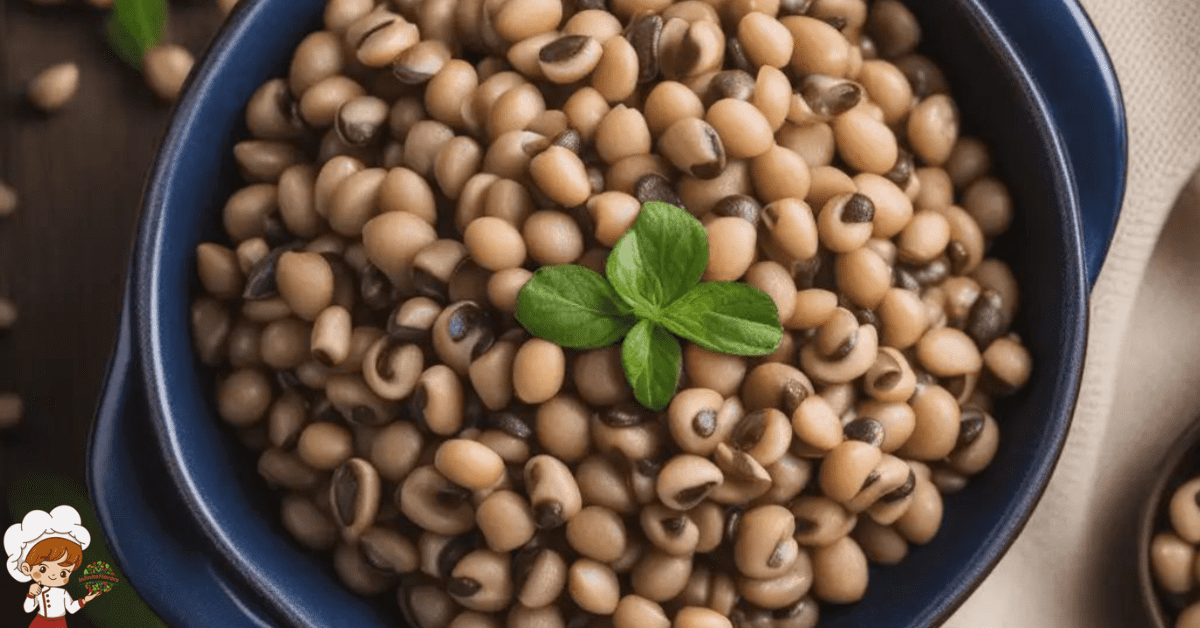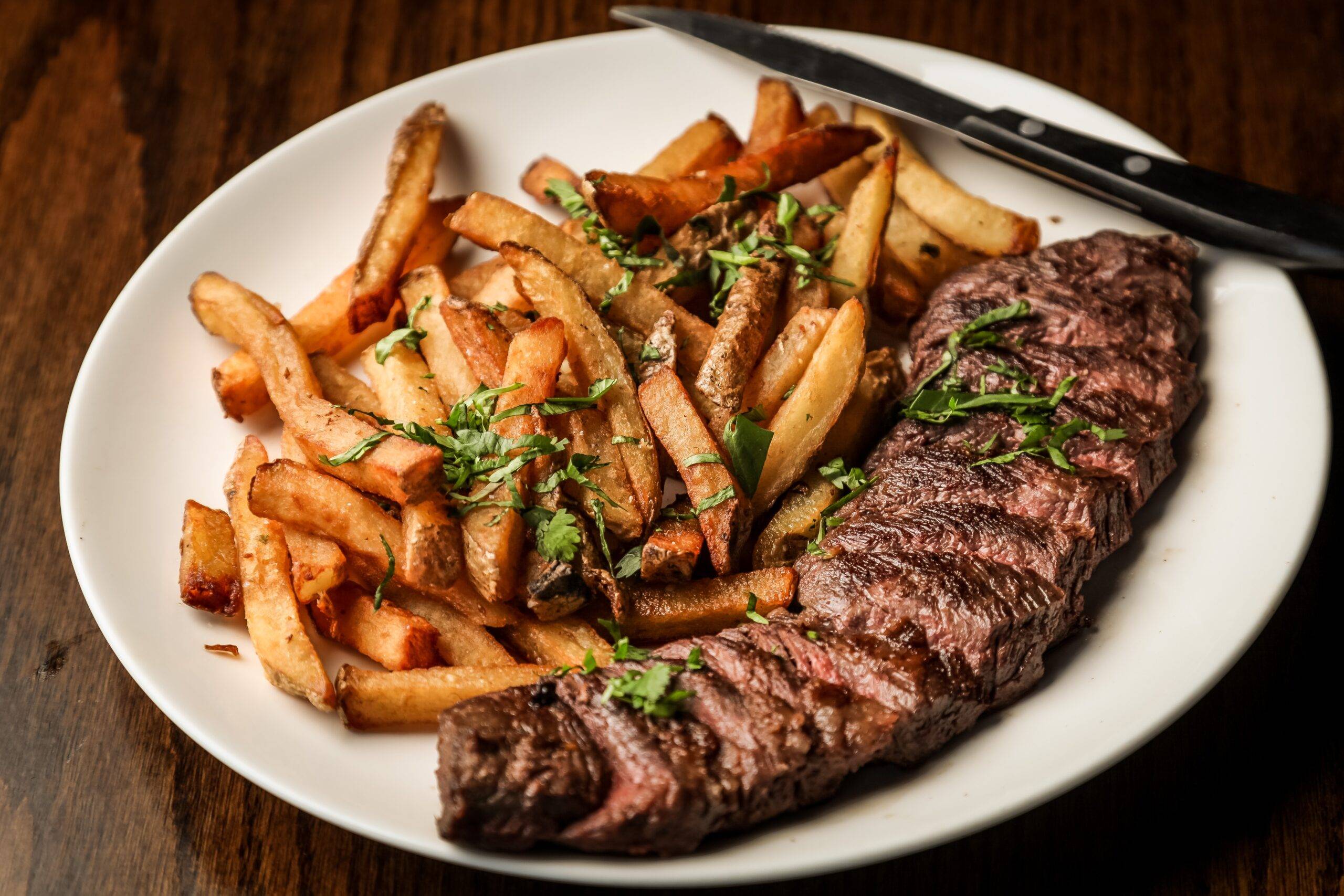Amazing Anti-Inflammatory Diet Strategies For Inflammation

To tackle inflammation, consider adopting an Anti-Inflammatory Diet Strategies. Start incorporating foods rich in omega-3 fatty acids like salmon and walnuts, and add turmeric for its curcumin benefits. Berries and leafy greens offer antioxidants and essential nutrients. Plan your meals weekly, focusing on variety and balance. Don’t forget to prep inflammation-fighting snacks, such as mixed nuts and fresh veggies. Alongside nutrition, embrace lifestyle changes like regular exercise, stress management, and quality sleep for better results. By tracking your symptoms, you’ll notice what works best for you. Stick around, and you’ll discover more effective strategies to enhance your diet.
Understanding Inflammation
Understanding inflammation starts with recognizing its dual nature. On one hand, you have acute inflammation, which is your body’s immediate immune response to injury or infection. This process is essential for healing; it helps to fight off pathogens and repair damaged tissues. You might notice signs like redness, swelling, or heat when this occurs. It’s your body’s way of signaling that something needs attention.
On the other hand, chronic inflammation is a different story. This occurs when your immune response remains activated for an extended period, even when there’s no immediate threat. Chronic inflammation can lead to various health issues, such as heart disease, diabetes, and autoimmune disorders. Understanding this distinction is vital for recognizing how inflammation affects your overall health.
The impact of your diet plays a significant role in both types of inflammation. Certain foods can either exacerbate or alleviate inflammatory responses. For instance, a diet high in processed sugars and unhealthy fats can contribute to chronic inflammation, while whole foods rich in antioxidants can support your body’s acute immune response. By being mindful of what you eat, you can influence your body’s inflammatory processes.
Recognizing this dual nature of inflammation empowers you to make informed choices. By understanding how acute and chronic inflammation operate and the dietary impact that can sway these responses, you can take vital steps towards promoting better health and well-being.
Key Anti-Inflammatory Foods
Incorporating key anti-inflammatory foods into your diet can greatly impact your health. By focusing on specific ingredients, you can help reduce inflammation and promote overall wellness. One standout ingredient is turmeric. Its active compound, curcumin, is known for its powerful anti-inflammatory properties, making turmeric benefits hard to ignore. You can add it to your dishes, smoothies, or even enjoy it as a tea.
Another significant component of an anti-inflammatory diet is omega-3 fatty acids. These healthy fats are found in various omega 3 sources, including fatty fish like salmon, mackerel, and sardines. If you’re not a fan of fish, consider walnuts, flaxseeds, or chia seeds as excellent alternatives. These foods not only help combat inflammation but also support heart health and brain function.
Fruits and vegetables are also vital in your anti-inflammatory journey. Berries, such as blueberries and strawberries, are rich in antioxidants that can help fight oxidative stress. Leafy greens like spinach and kale provide essential vitamins and minerals, further bolstering your immune system.
Incorporating these foods into your meals can be simple. Start by adding a sprinkle of turmeric to your next soup or salad, and make a point to include fatty fish in your weekly menu. With these small changes, you’ll be on your way to a healthier, more balanced diet that helps reduce inflammation and enhances your overall well-being.
Meal Planning Tips
Meal planning can markedly enhance the effectiveness of your anti-inflammatory diet. By taking the time to prepare your meals in advance, you not only save time during the week but also guarantee you’re eating the right foods to combat inflammation. Start with a weekly menu that focuses on anti-inflammatory staples like leafy greens, fatty fish, nuts, and whole grains. This helps you avoid last-minute unhealthy choices.
When you do your meal prep, aim to prepare several portions of your favorite dishes at once. Cook in bulk and store individual servings in containers, making it easy to grab a meal when you’re busy. This approach also aids in portion control, as having pre-measured servings can help you avoid overeating.
Don’t forget to include a variety of colors and textures in your meals. This not only makes your meals more appealing but also guarantees you’re getting a broad range of nutrients. Consider prepping snacks too, like chopped veggies or mixed nuts, to keep inflammation-fighting foods readily available.
Lastly, keep track of what you eat with a food diary or app. This helps you stay accountable and allows you to identify any patterns that may trigger inflammation. By staying organized and thoughtful about your meals, you can make significant strides in managing inflammation through your diet. With these meal planning tips, you’re well on your way to a healthier, anti-inflammatory lifestyle.
Lifestyle Changes for Success
Embracing lifestyle changes is essential for achieving long-term success with your anti-inflammatory diet. It’s not just about what you eat; it’s also about how you live. By incorporating effective stress management techniques, you can greatly reduce inflammation in your body. Stress triggers inflammatory responses, so practices like mindfulness, meditation, or yoga can help you find balance and promote overall well-being.
In addition to managing stress, establishing regular exercise routines is vital. Physical activity not only helps you maintain a healthy weight but also lowers inflammatory markers in the body. Aim for at least 150 minutes of moderate aerobic activity each week, like brisk walking or cycling. Strength training is equally important, so incorporate it into your routine at least twice a week to build muscle and improve metabolic health.
Sleep is another crucial component of a successful lifestyle change. Prioritize getting 7-9 hours of quality sleep each night, as inadequate rest can elevate inflammation and hinder your progress. Create a calming bedtime routine to help signal your body that it’s time to wind down.
Lastly, surround yourself with a supportive community. Share your goals with friends or family who can encourage you and hold you accountable. This support can make a considerable difference in your commitment to your anti-inflammatory diet and lifestyle changes. By focusing on stress management, exercise routines, and overall well-being, you’ll be better equipped to achieve lasting success.
Monitoring Your Progress
Tracking your progress is key to staying motivated and making necessary adjustments in your anti-inflammatory diet journey. By regularly monitoring your symptoms and overall well-being, you can identify patterns that indicate how well your diet is working for you. Start by keeping a journal to document what you eat, how you feel, and any changes in your symptoms. This practice not only helps you stay accountable but also provides valuable insights into which foods are beneficial and which ones might trigger inflammation.
As you track symptoms, pay attention to any fluctuations in energy levels, pain, or other inflammation-related issues. If you notice a negative change, it might be time for adjusting your diet. Experimenting with different foods and observing their effects can help you fine-tune your meal plan. For instance, if cutting out dairy improves your symptoms, consider making that a permanent change.
In addition to self-monitoring, consider scheduling regular check-ins with a healthcare professional. They can provide guidance, help analyze your findings, and suggest further adjustments to optimize your anti-inflammatory approach. Remember, the goal is to create a sustainable lifestyle that promotes long-term health.
Ultimately, the more proactive you are in monitoring your progress, the better equipped you’ll be to make informed decisions about your diet. Stay committed, and don’t hesitate to adapt your strategies as needed. Your body will thank you for it!
Frequently Asked Questions: Anti-Inflammatory Diet Strategies
Can Supplements Replace Anti-Inflammatory Foods in My Diet?
Supplements can’t fully replace anti-inflammatory foods in your diet. While they may offer some supplement efficacy, nutrient-rich food sources provide essential compounds that work synergistically, promoting overall health and reducing inflammation more effectively.
How Quickly Can I Expect to See Results From an Anti-Inflammatory Diet?
You can expect initial changes within a few days to weeks on an anti-inflammatory diet. However, timeline expectations vary; some people notice significant improvements in symptoms after a month or more of consistent dietary adjustments.
Are There Specific Foods That Trigger Inflammation for Everyone?
Not everyone reacts the same way to inflammatory triggers. Individual food sensitivities vary, so you might find specific foods that spark inflammation in your body. Pay attention to how different foods affect your health and energy levels.
Is an Anti-Inflammatory Diet Suitable for Children?
Yes, an anti-inflammatory diet can be suitable for children. It supports child nutrition while aiding inflammation management. By incorporating whole foods, fruits, and vegetables, you help foster healthy growth and reduce potential inflammatory responses.
Can I Still Enjoy My Favorite Foods While Following This Diet?
You can absolutely enjoy your favorite foods! Just explore some food modifications and healthy cooking alternatives. Swap ingredients or try new recipes to keep the flavors you love while staying aligned with your dietary needs.
Conclusion
By embracing anti-inflammatory diet strategies, you’re taking a significant step towards improving your overall health. Incorporating key foods, planning your meals, and making mindful lifestyle changes can help reduce inflammation and enhance your well-being. Remember to monitor your progress and adjust your approach as needed. With commitment and consistency, you’ll not only feel better but also enjoy a more vibrant life. So, start today and make these positive changes work for you!








